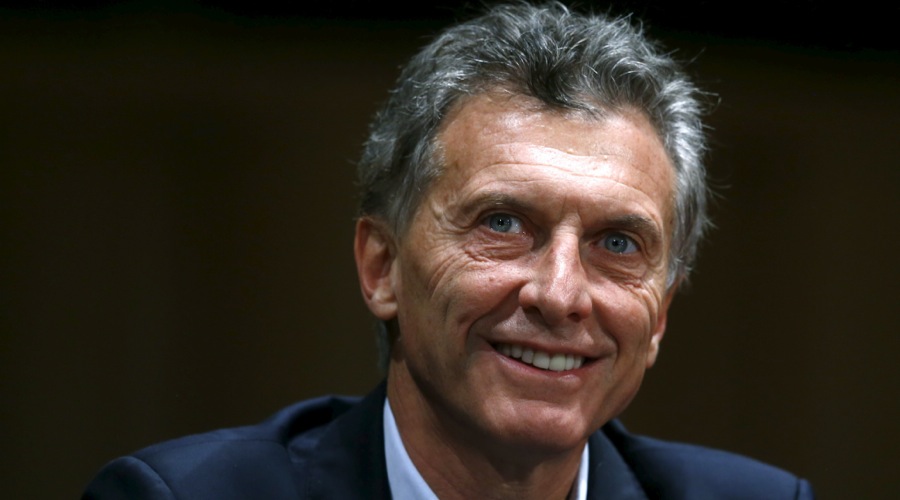Mining companies still reluctant to tap Argentina deposits

Despite Argentine President Mauricio Macri’s pro-business policies, international mining companies are still reluctant to invest in Argentina amid a lack of regulatory clarity.
More than two years into Macri’s term, the country’s dormant gold, silver, lithium and copper reserves — some discovered more than half a century ago — remain mostly untapped. “Conditions in Argentina are not sufficient for a company to take on the risk of staying here 30 years,” Mining Secretary Daniel Meilan told Reuters in an interview.
When pro-business Macri took office in late 2015 after 12 years of leftist rule, mining companies celebrated what they hoped would be a turning point.
Mining investments plummeted when former president Cristina Fernandez, who governed Argentina from 2007-2015, imposed a 5 percent tax on mining exports and banned companies from sending profits to foreign headquarters.
Macri’s government has repealed both measures and declared mining a key industry. Investments in mining exploration, helped by rising mineral prices, rose to $300 million last year, up from $148 million in 2016, according to official data.
But a lack of clarity on environmental rules, overlapping federal and local taxes, and regulations that vary from province to province continue to loom over proposed mines.
Meilan, Argentina’s top mining official, acknowledged more must be done to rebuild investor trust in an industry where it can take decades to recover an investment.
He said the industry might bounce back if Congress approves an agreement Macri’s government signed with the country’s main mining provinces to unify industry regulations — a feat that would remove a key source of confusion for miners.
But the agreement, which was forged late last year, has not yet been debated by lawmakers and could run into opposition in the lower house, where the governing coalition lacks a majority.
“Argentina as a whole has not yet shown a clear direction regarding mining,” an industry source who asked not to be identified said.
A law aimed at preserving glaciers in the Andes, home to a large part of Argentina’s mineral wealth, has also helped keep some large projects on ice.
Passed in 2010, rules on how the law will work still have not been written, raising questions over how it might impact projects in the highlands such as Glencore’s El Pachon, McEwen Mining Inc’s Los Azules and Yamana Gold’s Agua Rica.
Last week the environment minister presented a survey it completed on the country’s glaciers and surrounding areas, and Congress must now define how it will be used.
“There are a lot of projects already considered feasible — gold, copper, silver — that will be affected by the (glacier) law,” Marcelo Alvarez, the head of Argentina’s mining chamber said. (Reporting by Juliana Castilla; Writing by Mitra Taj; Editing by Sandra Maler)
{{ commodity.name }}
{{ post.title }}
{{ post.date }}




Comments